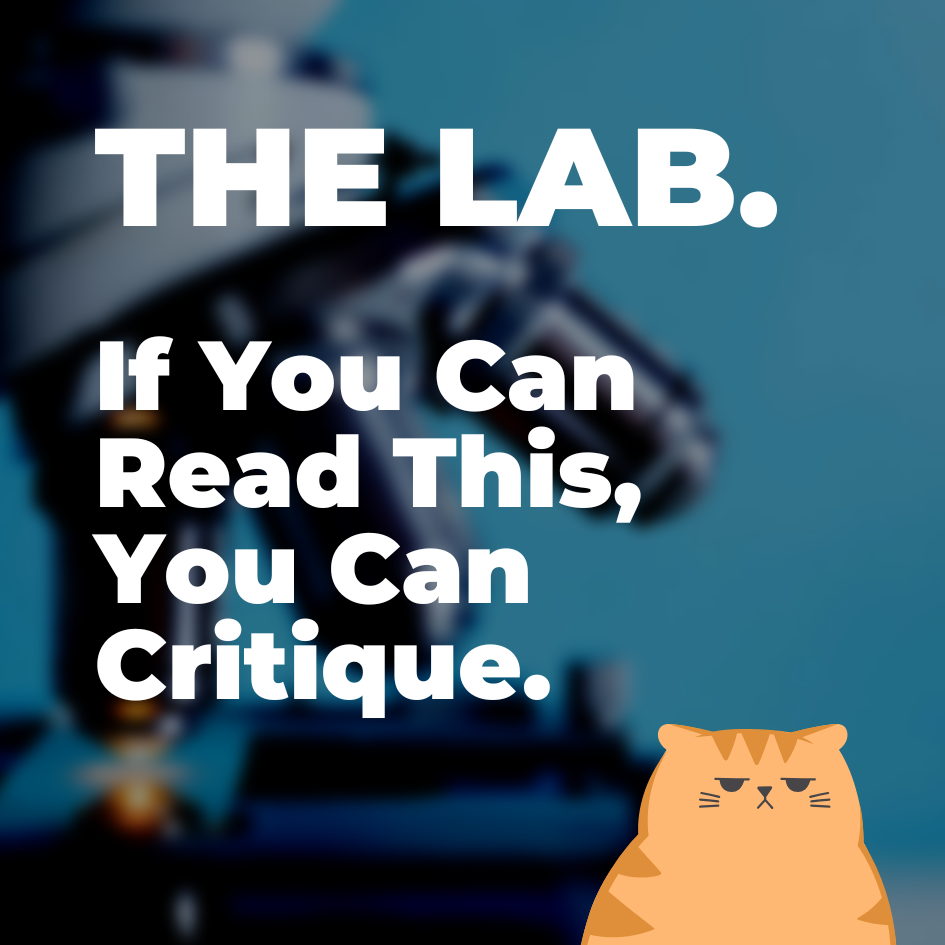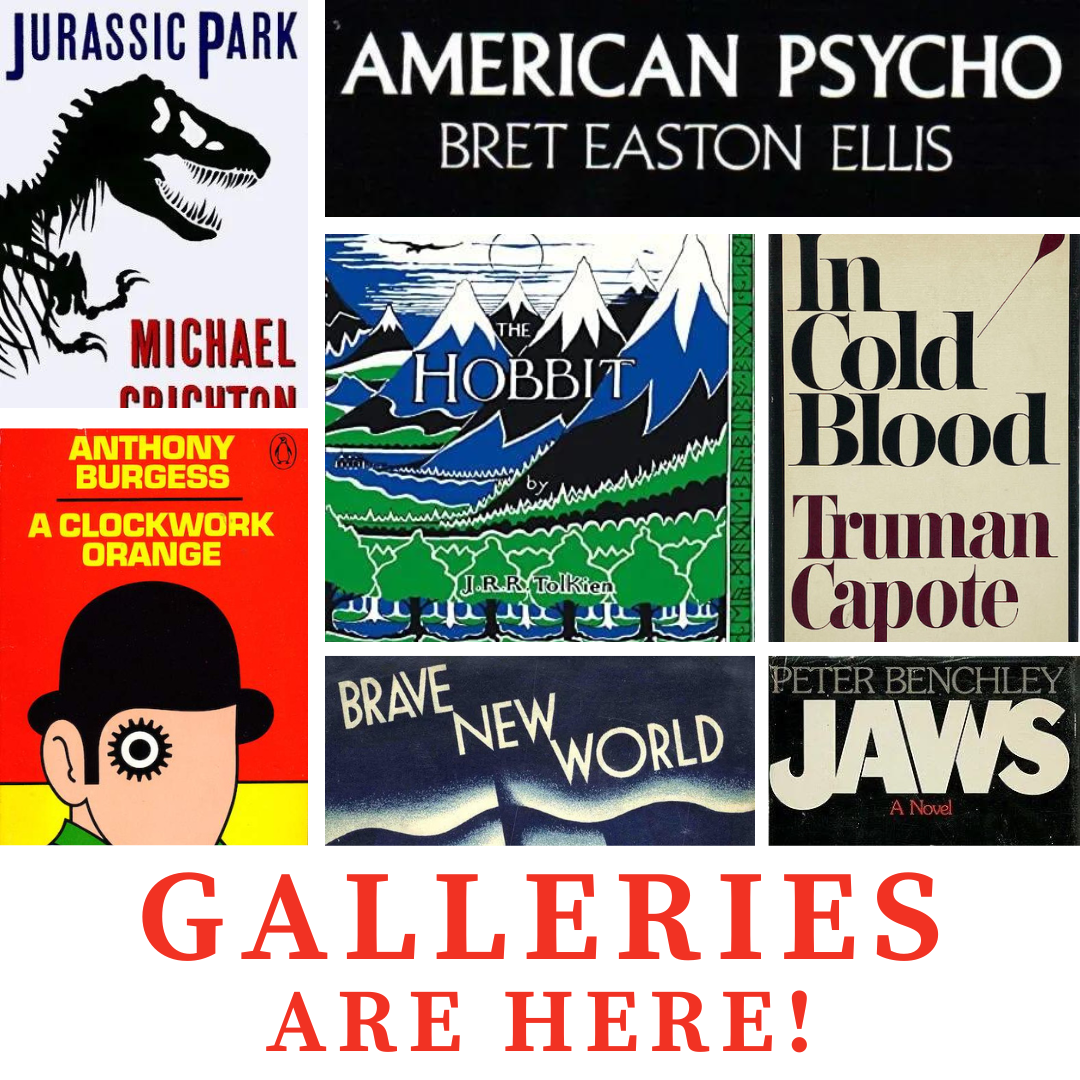E G Logan
Full Member
Thought-provoking comments on genre from PMJ MD Louise Moore, interviewed at London Book Fair today, and covered in The Bookseller.
It made me ask myself if I buy books because they are described, in reviews or on the cover, as being 'literary' fiction or 'commercial' fiction.
In fact, I decided, both descriptions actually put me off, if anything.
What do you think??
Extract here, [comments entirely mine].
Moore questioned "why the industry doesn’t better recognise the merits and importance of commercial fiction".
"The divide between commercial and literary needs to stop. We need to do away with commercial versus literary once and for all and start thinking about what does the reader call it.”
She argued that books labelled commercial are often ignored by reviewers and booksellers... citing the example of "Marian Keyes, who despite working since 1997, only received her first book review in the Times and Sunday Times this year" [Wow!]. She said the industry needs to “lean in and embrace commercial fiction vocally”.
Sally Rooney for instance, “has literary cred”, partly being published by Faber – [Ooh, claws!] – she said, despite her writing being similar to Helen Fielding’s Bridget Jones. [Sour grapes?]
She commented it was a “shame” that this year’s longlist for the Women’s Prize “is all literary fiction”.
It made me ask myself if I buy books because they are described, in reviews or on the cover, as being 'literary' fiction or 'commercial' fiction.
In fact, I decided, both descriptions actually put me off, if anything.
What do you think??
Extract here, [comments entirely mine].
Moore questioned "why the industry doesn’t better recognise the merits and importance of commercial fiction".
"The divide between commercial and literary needs to stop. We need to do away with commercial versus literary once and for all and start thinking about what does the reader call it.”
She argued that books labelled commercial are often ignored by reviewers and booksellers... citing the example of "Marian Keyes, who despite working since 1997, only received her first book review in the Times and Sunday Times this year" [Wow!]. She said the industry needs to “lean in and embrace commercial fiction vocally”.
Sally Rooney for instance, “has literary cred”, partly being published by Faber – [Ooh, claws!] – she said, despite her writing being similar to Helen Fielding’s Bridget Jones. [Sour grapes?]
She commented it was a “shame” that this year’s longlist for the Women’s Prize “is all literary fiction”.



